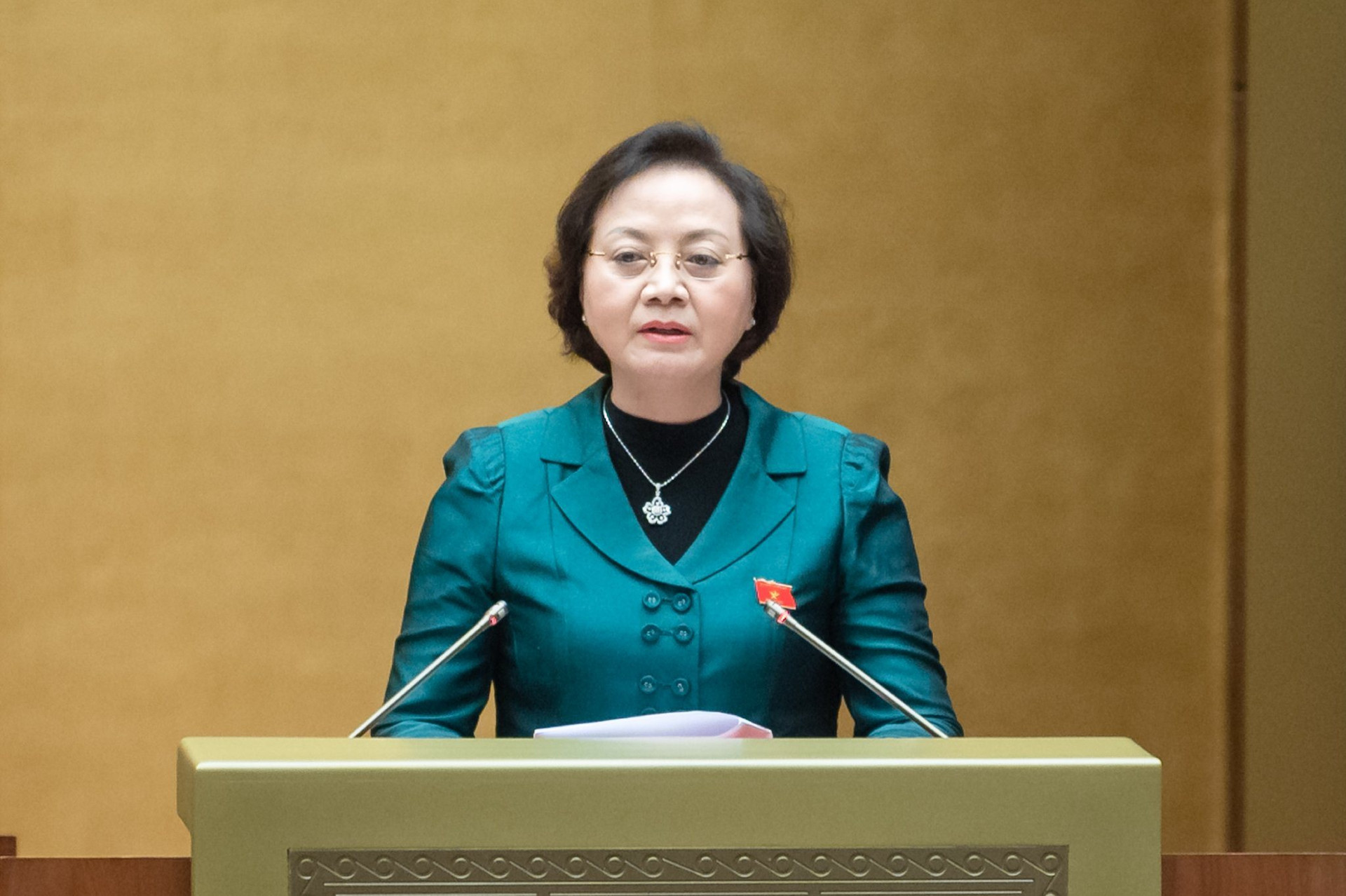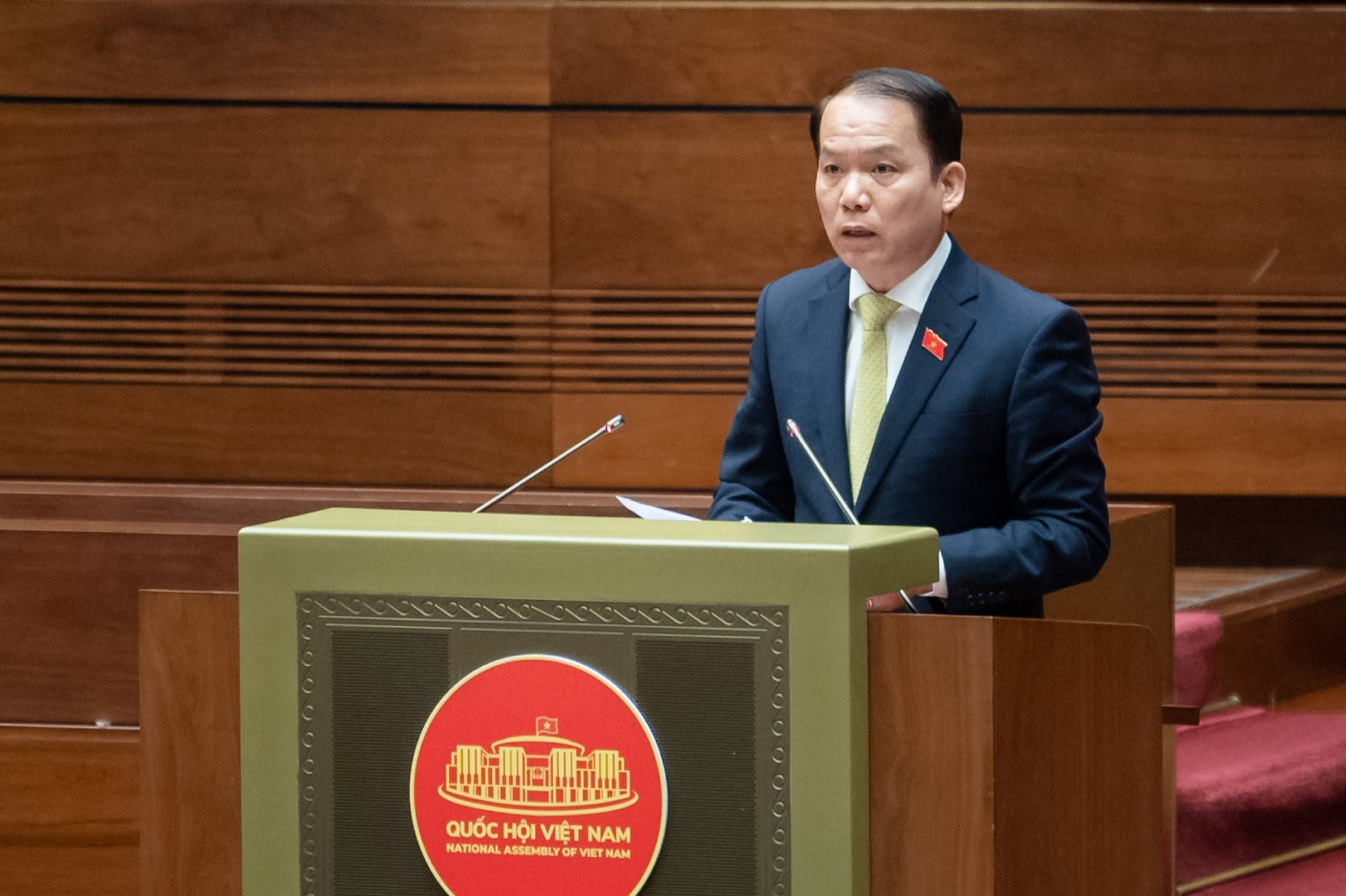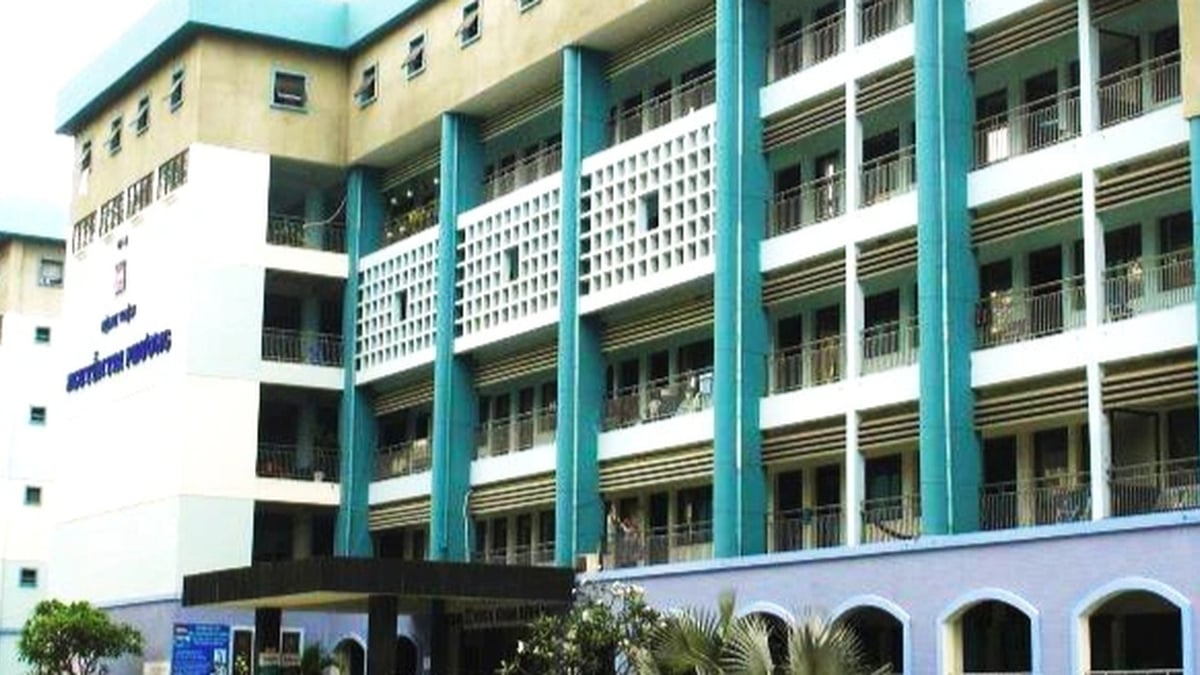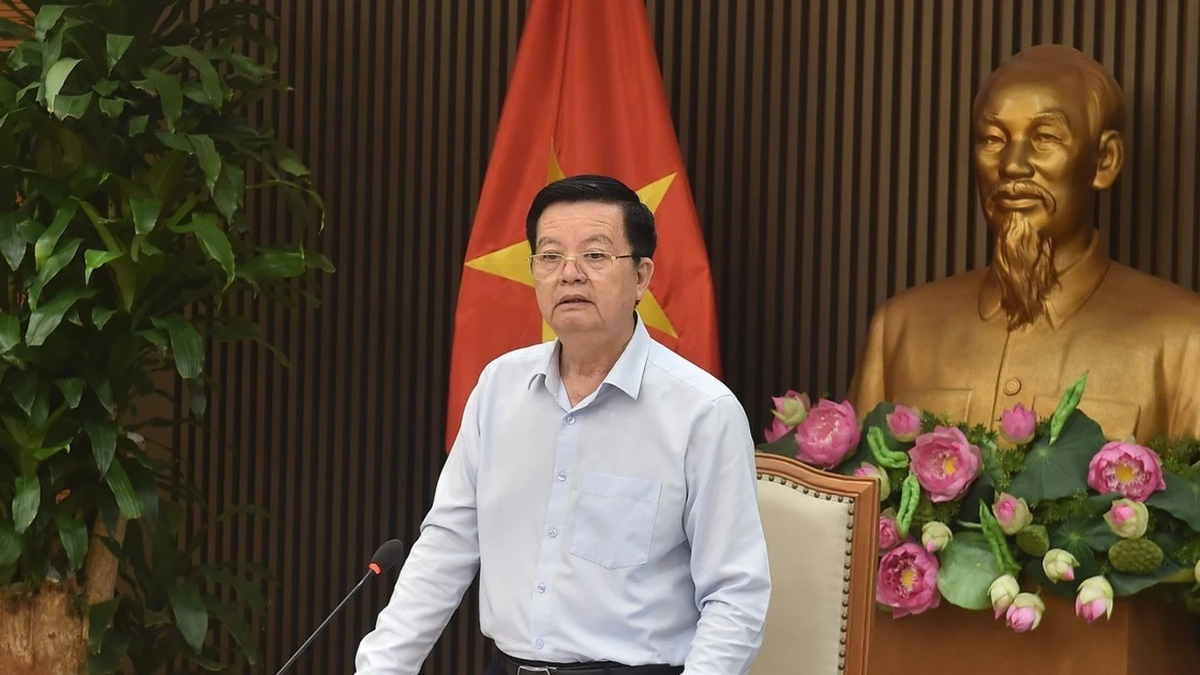Minister of Home Affairs Pham Thi Thanh Tra said that after more than 10 years of implementation, in addition to the achieved results, the 2011 Archives Law has revealed shortcomings and limitations such as: failure to promptly institutionalize new policies and guidelines of the Party and State in the field of archives; many practical issues have not been regulated by the 2011 Archives Law or have been regulated but not specifically, causing difficulties in the implementation process such as: authority to manage archival documents, manage electronic archival documents, private archival activities and management of archival service activities.

The Minister of Home Affairs affirmed that the development of the Law on Archives (amended) is necessary to institutionalize the Party and State's policies and guidelines on archives, innovate management activities and implement archival operations, overcome shortcomings and limitations in current archival practices, promote the application and development of information technology to meet the requirements of sustainable, comprehensive development and international integration.
According to the Minister, the Draft Law has a structure of 9 chapters and 68 articles (an increase of 2 chapters and 26 articles compared to the 2011 Law on Archives).
Minister Pham Thi Thanh Tra stated that, on the basis of inheriting the relevant contents of the 2011 Law on Archives on general regulations and archival activities, the draft Law has amended and supplemented contents focusing on 04 policies approved by the Government in Resolution No. 152/NQ-CP, including: Regulations on authority to manage archival documents; Regulations on archival storage of electronic documents and digital documents; Regulations on private archival activities; Regulations on archival service activities.
Regarding the regulations on the authority to manage archival documents, the Minister of Home Affairs said that the draft Law supplements the regulations on the authority to manage documents of the National Archives of Vietnam in the direction of clearly defining the authority to manage the database of archival documents; archival documents of the Archives of the Communist Party of Vietnam and the Archives of the State of Vietnam between the competent agencies of the Party and the state management agencies of archives; decentralizing the management of archival documents between the central and local state archives; the authority to manage documents of the defense, public security, and foreign affairs sectors and the authority to manage communal-level archival documents. Thereby, creating a unified legal corridor for the management of archival documents and the database of archival documents, ensuring the effectiveness and efficiency of state management.
Regarding the provisions on archiving electronic and digital documents, the draft Law clearly stipulates the types of electronic archives; digitization of archives; conversion of digital archives into paper archives; construction and updating of archives database; Digital archives management system; collection, preservation, use of digital archives and destruction of expired digital archives; Digital archives; storage of other electronic archives.
Regarding regulations on archival service activities, Minister of Home Affairs Pham Thi Thanh Tra said that the Draft Law clearly stipulates archival service activities; principles of archival service activities; organizations and individuals doing business and providing archival services; responsibilities of agencies, organizations and individuals; Archival practice certificates, etc.

Presenting the report on the review of the draft Law on Archives (amended), Chairman of the Law Committee Hoang Thanh Tung said that the Law Committee agreed with the necessity of comprehensively amending the 2011 Law on Archives and the objectives and guiding viewpoints for drafting the draft Law as stated in the Government's Submission. Amending this Law is also a legislative task identified in Plan No. 81/KH-UBTVQH15 of the National Assembly Standing Committee.
The draft Law dossier has been carefully prepared, with full documentation as prescribed in Clause 1, Article 64 of the Law on Promulgation of Legal Documents; the content of the draft Law is basically consistent with the policies proposed when the draft Law was included in the Program. It is recommended that the drafting agency continue to review the 12 contents assigned for detailed regulations, ensuring the requirement to legalize the maximum contents that are clear, have been tested in practice and have been effective in practice.
Regarding the scope of regulation, the Law Committee basically agrees with the provisions of the draft Law in the direction of expanding the scope of regulation for private archival activities in order to create a legal corridor for organizations and individuals to participate in archival activities, contributing to ensuring the preservation and promotion of the value of private archival documents to serve the interests of the community and the national interest, while at the same time implementing the orientation of promoting the socialization of archival activities, building an archival society and an archival nation. The Law Committee proposes to review the provisions of the draft Law with the Law on Cultural Heritage and the proposed amendments to this Law related to the management of archival documents recognized as "documentary heritage", private archival documents of special value recognized as national treasures to have appropriate regulations, avoiding overlap and inconsistency between the two laws.
The Chairman of the Law Committee proposed to clearly stipulate the criteria for determining the level of "impact" at Point a, Clause 1, Article 25 of the draft Law to distinguish it from information that, if accessed, would "adversely affect" national defense, national security, social order and safety, which are not allowed to be accessed according to the provisions of the Law on Access to Information; thereby, creating a basis for consistent application in the implementation of these laws.
Currently, in addition to the Law on Archives which generally regulates archival issues, there are a number of other laws such as the State Audit Law, the Independent Audit Law, the Accounting Law, the Notary Law, the Law on International Treaties, the Law on Medical Examination and Treatment... which have specific provisions on archival. Therefore, it is recommended that the drafting agency continue to review and clarify the relationship between the draft Law and the above laws, clearly stipulate in the Law which cases apply the law on archives, which cases apply according to the provisions of specialized laws to avoid duplication and inconsistency between the laws...
Source























![[Photo] National Assembly Chairman attends the seminar "Building and operating an international financial center and recommendations for Vietnam"](https://vphoto.vietnam.vn/thumb/1200x675/vietnam/resource/IMAGE/2025/7/28/76393436936e457db31ec84433289f72)











































































Comment (0)